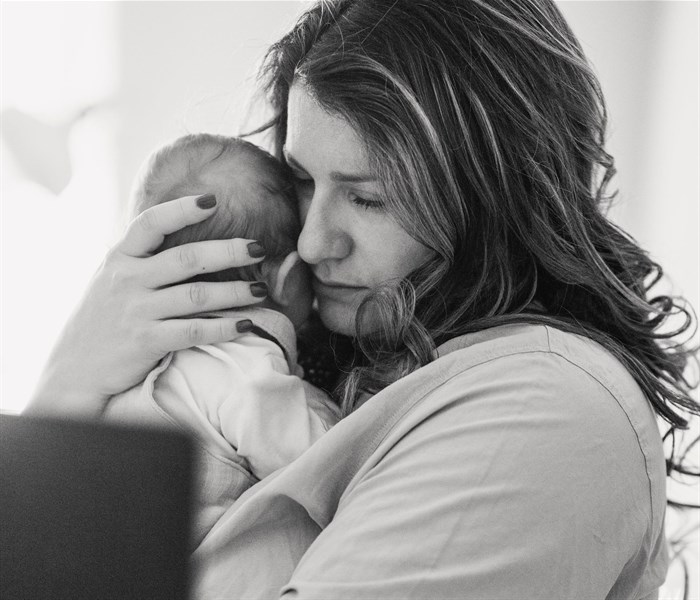Breast milk has long been acknowledged as nature's perfect food for infants. Its unique properties continue to benefit children long after their mothers have stopped breastfeeding.

Image supplied
For working women, breastfeeding is easy and convenient to do while they are on maternity leave, but it becomes significantly more challenging when they return to work.
What many South African working and breastfeeding mothers don’t know, however, is that they are protected by law.
According to CRS Technologies HCM business unit head Nicol Myburgh, the Basic Conditions of Employment Act and its Code of Good Practice on the Protection of Employees during Pregnancy and After the Birth of a Child offers two-fold protection.
Identify, review and mitigate any risks
“Firstly, employers are prohibited from requiring or allowing a breastfeeding employee to perform work that is harmful to her health or that of her child,” he explains.
“Consequently, employers must identify, review and mitigate any risks that may negatively impact the health of breastfeeding employees and that of their babies. This could include exposure to noise, heavy physical work, standing for long periods, as well as contact with harmful chemical substances, bacteria and viruses.
“Secondly, the Code of Good Practice states that the employer should make arrangements for two 30-minute breastfeeding or milk expression breaks a day for the first six months of the child’s life. These breaks are in addition to their usual tea and/or lunch breaks.”
A private, comfortable and hygienic space
While the code doesn’t stipulate that employers must provide mothers with the necessary resources to accommodate their needs for breastfeeding or expressing milk, Myburgh recommends that employers follow the guidelines of the International Labour Organisation, which states that “where practical, provision should be made for the establishment of facilities for breastfeeding under adequate hygienic conditions at or near the workplace”.
Essentially, this means a private, comfortable and hygienic space with enough room in which to sit down, as well as a secure storage facility for the expressed milk.
“Note that a toilet is not suitable for this purpose,” he adds. “Ideally, the room should be equipped with comfortable seating, electrical outlets for breast pumps, a fridge for milk storage and a sink for washing equipment.”
Supporting breastfeeding employees is not only the right thing to do, it also makes good business sense for employers, Myburgh continues.
“Studies show that breastfeeding can reduce medical costs for the mother and her child. This equates to reduced absenteeism from work because the babies of breastfeeding employees become ill less often and less severely.
“Fostering a culture of understanding for breastfeeding mothers not only helps to ease their stress about returning to work, but those employers who take proactive steps to support them create a positive work environment that promotes work-life balance, employee well-being and productivity. This can enhance loyalty to the company and lead to higher employee retention,” Myburgh concludes.





































